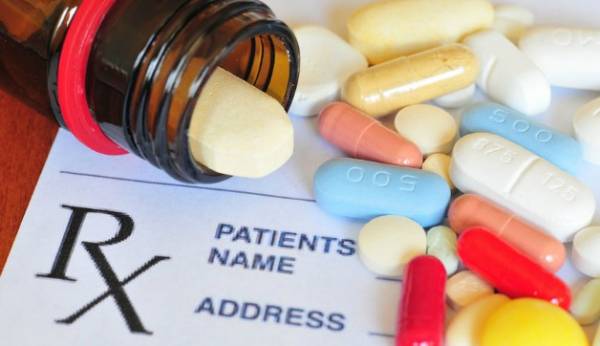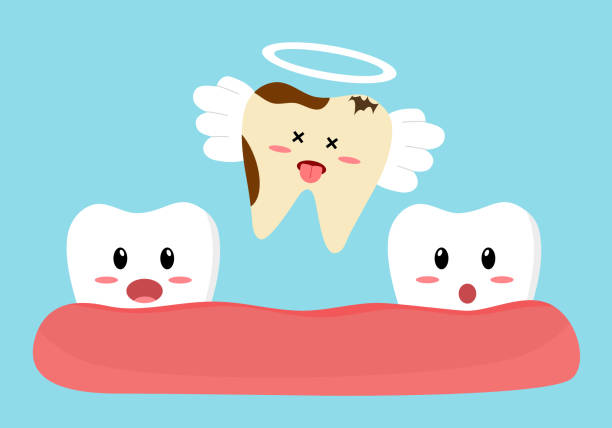Oral Health for Aging Adults: Tips for Maintaining a Healthy Smile in Later Years
As we age, maintaining good oral health becomes increasingly important. Our dental needs change, and certain conditions can arise that affect our oral well-being. In this blog post, we will explore valuable tips and practices to help aging adults maintain a healthy smile. By understanding the specific challenges faced by seniors and implementing preventive measures, we can ensure optimal oral health in our later years.
Maintain a Consistent Oral Hygiene Routine: Establishing a regular oral hygiene routine is vital for everyone, including aging adults. Brushing twice a day with a soft-bristled toothbrush and fluoride toothpaste helps remove plaque and prevent tooth decay. Don't forget to floss daily to clean between teeth and along the gumline, where bacteria can accumulate.
Stay Hydrated: Adequate hydration is essential for overall health, including oral health. Dry mouth, or xerostomia, is a common issue among seniors and can contribute to dental problems. Sipping water throughout the day helps stimulate saliva production, which aids in neutralizing acids and protecting teeth from decay.
Be Mindful of Medications: Many seniors take multiple medications, some of which can have side effects that affect oral health. Certain medications can cause dry mouth, increase the risk of gum problems, or lead to changes in taste perception. It's important to inform your dentist about all the medications you are taking to receive personalized oral care recommendations.
Adapt Oral Care Techniques: As we age, manual dexterity may decline, making oral care more challenging. Consider using an electric toothbrush with a smaller brush head and a larger handle for better grip. Dental flossers or interdental brushes can also be helpful for those with limited mobility or dexterity.
Visit Your Dentist Regularly: Routine dental check-ups are crucial for seniors to monitor their oral health and detect any issues early on. Your dentist will conduct a comprehensive examination, perform professional cleanings, and provide personalized advice tailored to your specific needs. Regular dental visits can help prevent dental problems or address them promptly.
Address Tooth Loss: Tooth loss is a common concern among aging adults and can impact oral health and overall well-being. If you have missing teeth, consider discussing tooth replacement options with your dentist, such as dental implants, bridges, or dentures. Restoring missing teeth can improve your ability to chew, speak, and smile confidently.
Maintain a Balanced Diet: Nutrition plays a vital role in oral health. Aim for a well-balanced diet that includes plenty of fruits, vegetables, lean proteins, and whole grains. Avoid excessive sugar consumption, as it can contribute to tooth decay. Incorporate foods rich in calcium, such as dairy products or leafy greens, to support strong teeth and bones.
Quit Smoking: Smoking poses significant risks to oral health, including gum disease, tooth discoloration, and oral cancer. If you are a smoker, consider quitting to improve your overall health and reduce the chances of developing oral health problems.
Taking care of our oral health becomes increasingly important as we age. By following these tips, maintaining a consistent oral hygiene routine, visiting your dentist regularly, and adopting healthy habits, you can maintain a healthy smile well into your later years. Remember, age should never be a barrier to good oral health, and with the right approach, you can continue to enjoy a beautiful and confident smile throughout your life.
By adhering to these guidelines and seeking professional dental care, aging adults can maintain optimal oral health and enjoy a confident smile for years to come. Berkay Öksüz - Patient Coordinator




Yorumlar
Yorum Gönder